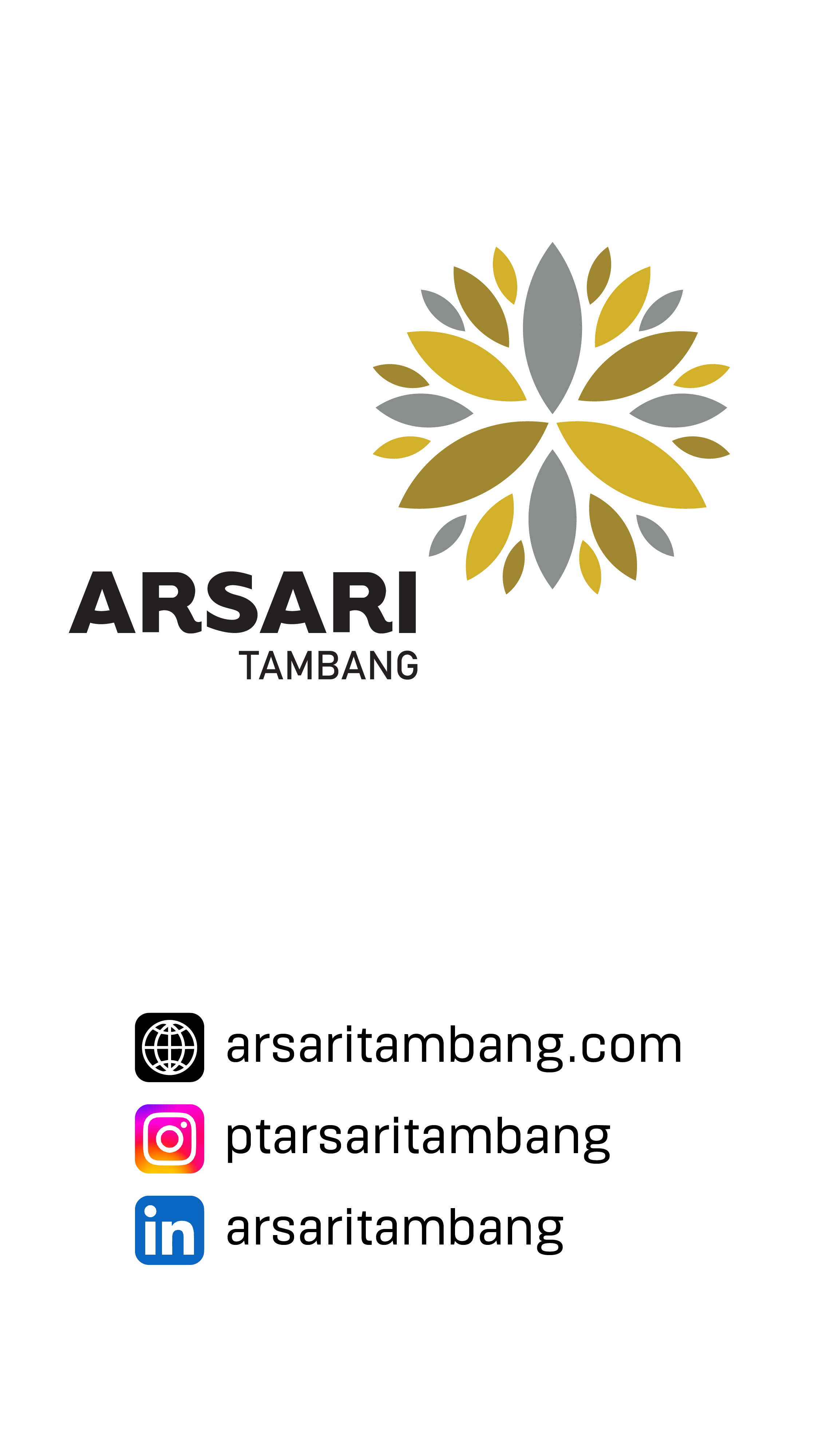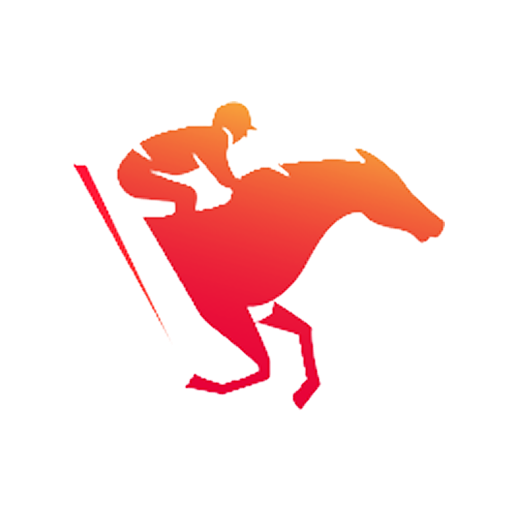



SARGA.CO – For many, the world of horse racing may seem like an exclusive domain—filled with speed, prestige, and staggering price tags.
But how much does a racehorse actually cost in Indonesia? Could it really be worth billions of rupiah? The answer: Yes—depending on the horse’s type and achievements.


H. Munawir, owner of Djohar Manik—one of Indonesia’s most iconic Triple Crown champions—shared some insights into the highly varied market prices for racehorses in the country.

For beginners or those just stepping into the horse racing world, locally bred horses without prior racing experience are often the entry point. These typically cost between Rp20 million and Rp150 million, depending on their physical condition, age, and genetic potential.
“These horses usually come from local breeders and haven’t raced competitively yet—but they show promise. They’re ideal for newcomers wanting to build a stable and gain experience,” explained H. Munawir, owner of Tombo Ati Stable in Surakarta, Central Java.

Crossbred racehorses—especially those with Thoroughbred (TTHB) lineage, the elite bloodline from Europe and Australia known for speed—are priced significantly higher.
A well-bred cross can command anywhere from Rp300 million to Rp500 million, especially if they show potential during training or warm-up races.
“These horses are usually raised under professional care, with specialized nutrition and serious training regimes. Their value can skyrocket even before they hit the track—just from their pedigree,” added Munawir, who also serves as Chairman of the Racing Commission at PP Pordasi (Indonesia’s equestrian federation).

Now we’re talking top-tier—horses that have clinched national titles, or even competed internationally. Their market value can easily exceed Rp2 billion.
Take Djohar Manik, for example, who achieved the rare feat of Indonesia’s Triple Crown. The value of such horses goes far beyond their speed—it includes brand appeal, reputation, and even the commercial potential of their offspring.
“When a horse wins a title—especially a Triple Crown—it’s not just a purchase price. It becomes a legacy asset. They can produce elite progeny and represent national pride,” said Munawir.

A racehorse’s price is influenced by multiple factors: bloodline, race achievements, age, physical condition, medical history, endurance, and breeding potential.
On top of that, external elements like the stable’s reputation, the trainer’s track record, and media exposure also boost a horse’s market value.

For some, racehorses are more than animals—they’re living assets. They can compete for prize money in the hundreds of millions, produce high-value offspring, and even carry Indonesia’s name to international championships.
But make no mistake: this is no cheap hobby. Behind the speed on the track lies a mountain of costs—for care, training, jockeys, nutrition, and transportation.

Racehorse prices in Indonesia can vary wildly—from tens of millions to billions of rupiah. However, it all comes down to two key factors: potential and performance.
For those seriously committed, owning a racehorse is a blend of passion, prestige, and long-term strategy.
So, thinking about getting into the game? Make sure you bring not just your wallet, but also your dedication and love for the sport.






















































Install SARGA.CO News
sarga.co